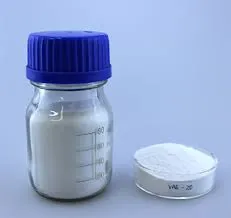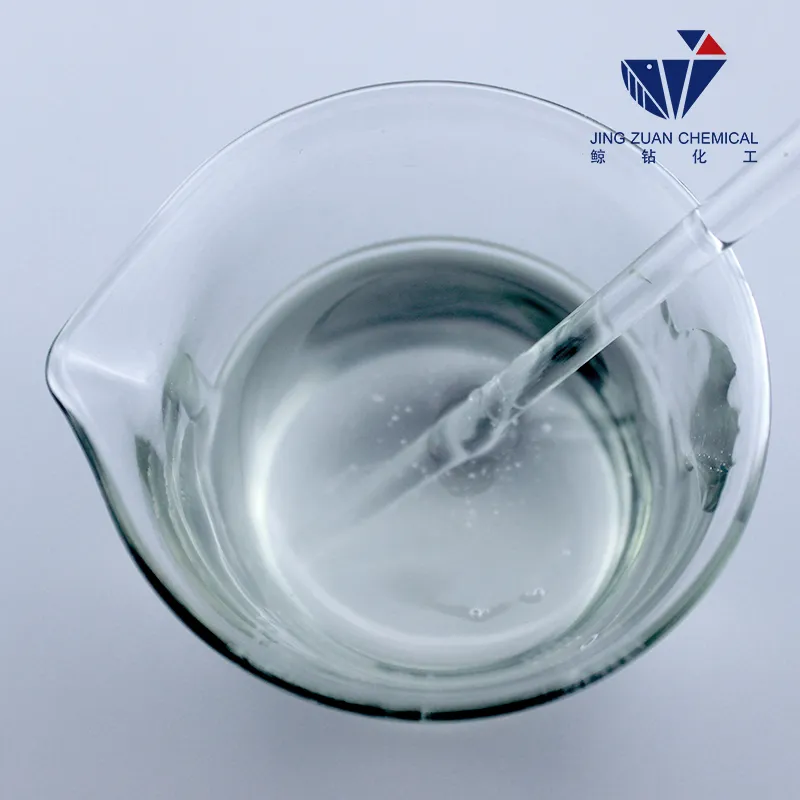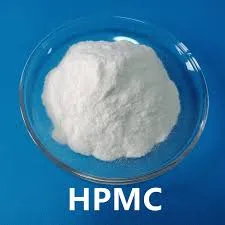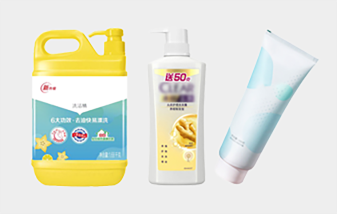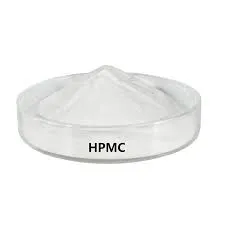Albendazole is a broad-spectrum anthelmintic medication widely used to treat various parasitic infections, including those caused by tapeworms, roundworms, and hookworms. This medication is particularly vital in regions where such infections are prevalent, often affecting children and disadvantaged populations. Given its importance in public health, understanding the pricing of albendazole tablets is essential for both healthcare professionals and patients.



